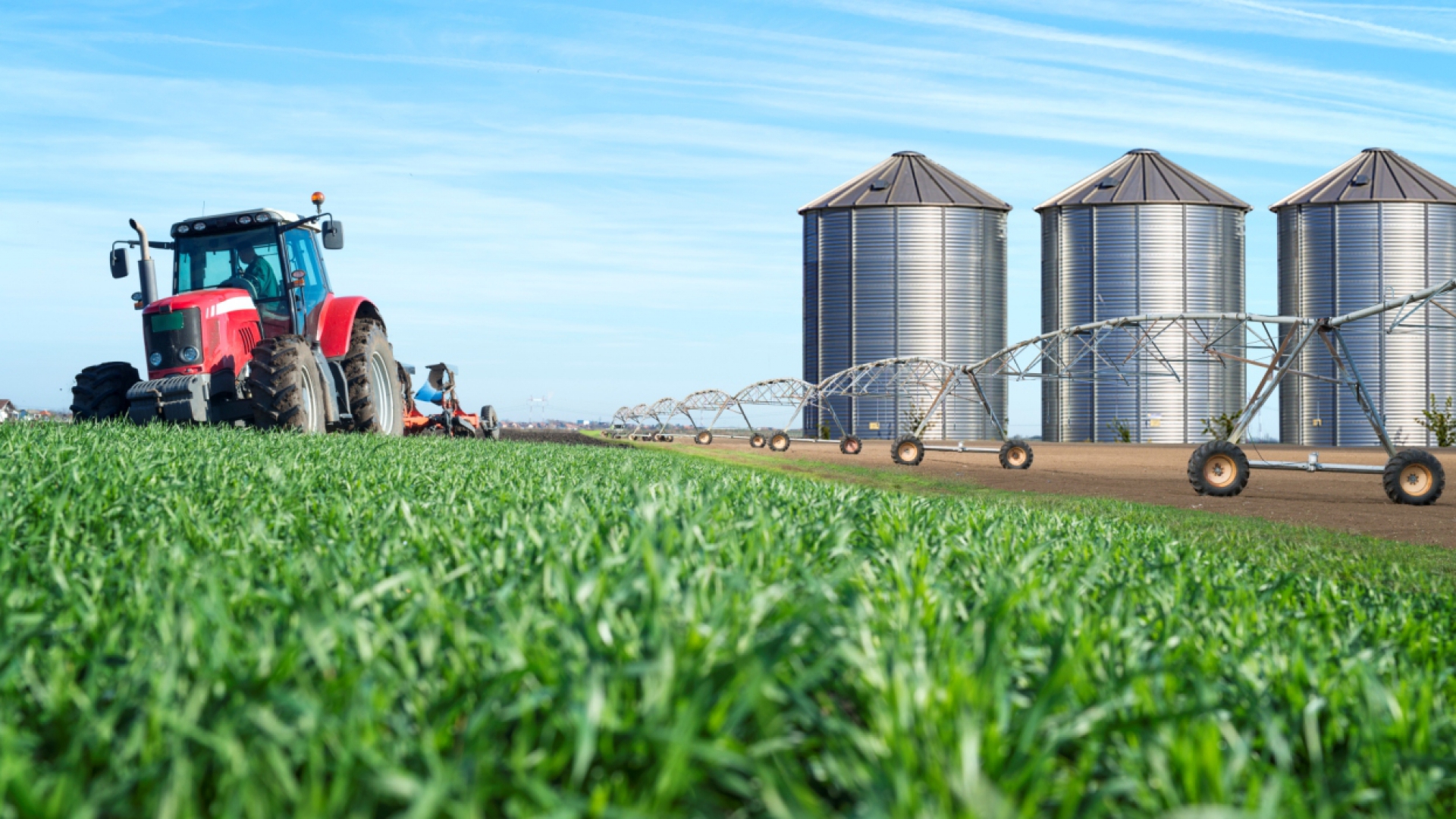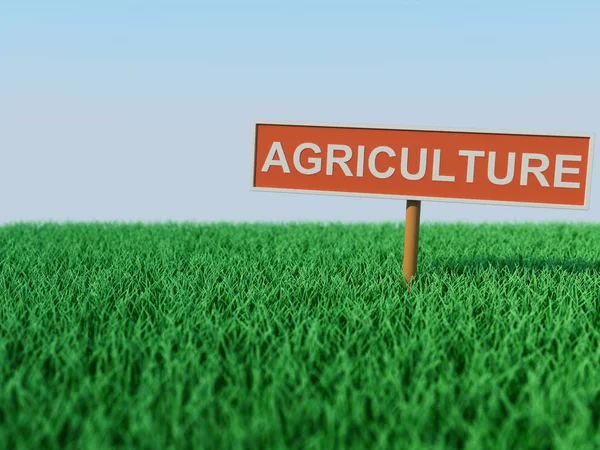Physical Address
304 North Cardinal St.
Dorchester Center, MA 02124

Are you ready to turn your passion for farming, animals, and the environment into a successful career? Do you dream of studying agriculture and impacting Nigeria’s agricultural sector? Then choosing the right subjects to study agriculture in JAMB is your first step toward a bright future.
Picking the correct subjects is not just about meeting requirements; it’s about securing your admission and getting closer to your dreams. In this article, we’ll explain everything you need to know about the subjects to study agriculture in JAMB for the 2025/2026 academic year.

We’ll break down each subject you need and why it matters and give you powerful study tips to help you score high. But that’s not all! We’ll show you how the ExcelMind app can help you pass JAMB in one sitting, making your preparation easier, faster, and smarter.
Also: 17 Helpful Tips to Pass English in JAMB and Secure Your Future
Agriculture is a fascinating field that studies how plants, animals, and the environment work together to produce food and resources. If you’re interested in food production, animal care, and environmental conservation, studying agriculture is perfect for you.

Agriculture combines science, technology, and real-world practices to help solve food security issues, manage resources, and support sustainable farming practices.
Choosing the right subjects to study agriculture in JAMB is essential because it determines if you qualify for admission into Nigeria’s top agricultural universities. JAMB has specific requirements for agriculture students, and knowing these will help you register without making mistakes.
To study agriculture in JAMB, you need to select the following subjects:
Let’s look at each subject in detail and why it’s crucial for your journey in agriculture.
The English Language is compulsory for every student taking the JAMB exam, regardless of the course. Good communication is essential in agriculture, whether you’re learning in school, reading scientific research, or sharing your findings with others. Excelling in English will make it easier to understand complex concepts in agriculture and to express your ideas clearly.
Biology is at the heart of agriculture. It’s the study of life, which includes plants, animals, and microorganisms—all crucial in farming and food production. Biology will teach you about crop growth, animal health, pest control, and environmental conservation.
For anyone interested in agriculture, biology helps you understand how living things interact with their environment, which is essential knowledge in sustainable farming.
Chemistry is vital in understanding the soil, plant growth, fertilizers, pesticides, and water quality. With a strong foundation in chemistry, you’ll learn how to make soils more productive, manage nutrients, and use chemicals safely and effectively. Knowing chemistry is a game-changer in agriculture as it helps in soil testing, managing crops, and developing better farming methods.
Agricultural Science is the direct study of farming, covering crop production, animal husbandry, and soil management. However, if your school doesn’t offer Agricultural Science at O’Level, you can substitute it with Mathematics.
Mathematics is essential for data analysis, measurements, and calculations in farming, which can help you manage resources better and apply precision farming techniques.
Note: Some universities may accept Economics, Geography, or Physics in place of Mathematics, so check with your preferred university to ensure you’re choosing the right subjects for admission.
Now that you know the subjects to study agriculture in JAMB, the next big step is passing the JAMB exam in one sitting. This is where the ExcelMind app comes in. ExcelMind is a powerful study tool designed to help students like you pass JAMB with ease. Here’s how ExcelMind can make a difference:

Read: Best way to Pass JAMB in One Sitting: Your Path to Success
With ExcelMind, you’re not just preparing for JAMB—you’re preparing for success in one sitting.
Aside from using ExcelMind, here are some study strategies to help you master each subject:
To avoid mistakes when choosing your subjects to study agriculture in JAMB, keep the following in mind:
See Also: 10 Powerful Ways to Pass WAEC Without Studying with ExcelMind App
Imagine the relief of passing JAMB in one sitting, securing your place at a top Nigerian university for agriculture, and stepping into a future where you can make a real impact in agriculture. The ExcelMind app is your ultimate study partner, providing everything from past questions to personalized study plans and interactive content to make your preparation smooth and effective.
Download the ExcelMind app today, and give yourself the best chance of passing JAMB. Don’t just dream about studying agriculture—take action and make it happen!
With ExcelMind, the path to success in agriculture is within reach. Start your journey now and secure your future.
The best subjects for studying agriculture are Biology, Chemistry, and Agricultural Science (or Mathematics if Agricultural Science isn’t available). Biology helps you understand plants, animals, and ecosystems, which are essential in agriculture.
To study Agricultural Economics, the standard subject combination for JAMB includes:
English Language (Compulsory for all JAMB candidates)
Mathematics (Essential for economic analysis and calculations)
Economics (Directly related to understanding agricultural markets and economic principles)
Agricultural Science or Biology (Useful for understanding farming and resource management)
To pursue a degree in agriculture at South African universities, students typically need to meet specific subject requirements. While exact criteria can vary between institutions, the common prerequisites include:
English or Afrikaans: Proficiency in one of these languages, often requiring a minimum achievement level of 4 (50-59%).
Mathematics: A solid foundation in mathematics, with many programs requiring at least a level 5 (60-69%).
Physical Sciences: Understanding of physics and chemistry, usually necessitating a minimum level of 4 (50-59%).
Life Sciences or Agricultural Sciences: Some programs may also require or recommend these subjects to provide a background in biological processes relevant to agriculture.
Best Courses for Agriculture After 12th
If you’re interested in pursuing agriculture after completing your 12th grade, there are several popular and rewarding courses to consider. Here are some of the best options:
B.Sc. Agriculture
This is one of the most comprehensive and sought-after undergraduate programs in agriculture. It covers subjects like plant breeding, soil science, pest management, and agricultural economics.
B.Sc. Agricultural Economics and Farm Management
Focused on the business and economic side of agriculture, this course teaches about agricultural markets, finance, and farm management practices.
B.Sc. Horticulture
This program specializes in the study of plants, fruits, vegetables, and flowers, focusing on sustainable cultivation and crop production techniques.
B.Tech Agricultural Engineering
This course combines technology and agriculture, covering topics like machinery, irrigation systems, and crop processing techniques.
B.Sc. Forestry
If you’re interested in forest conservation and resource management, this course provides a deep understanding of forest ecosystems, wildlife conservation, and sustainable forestry practices.